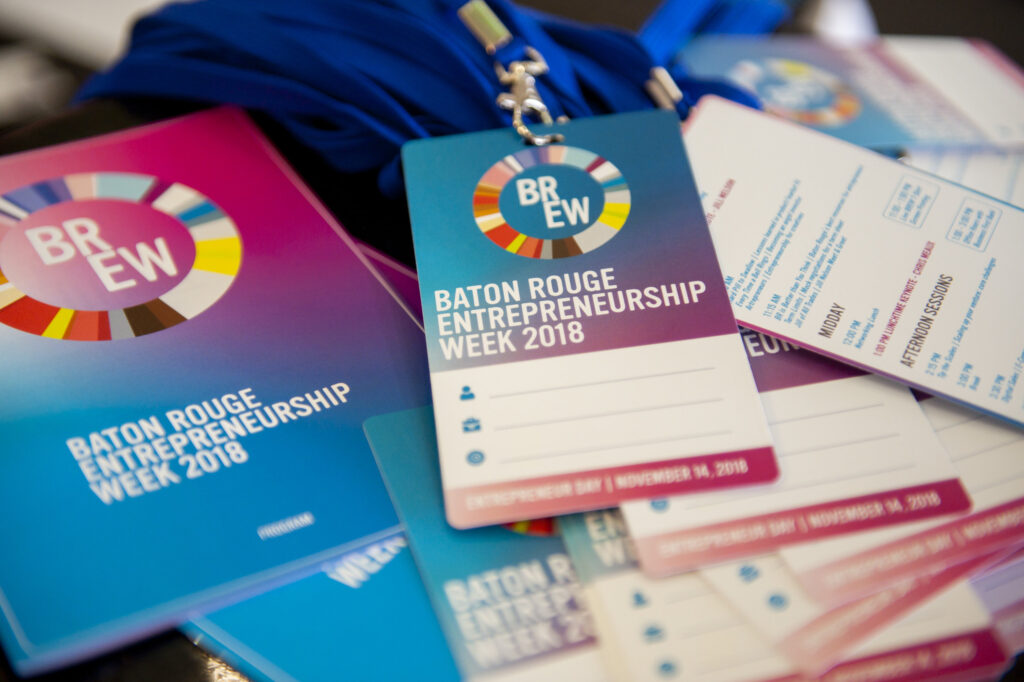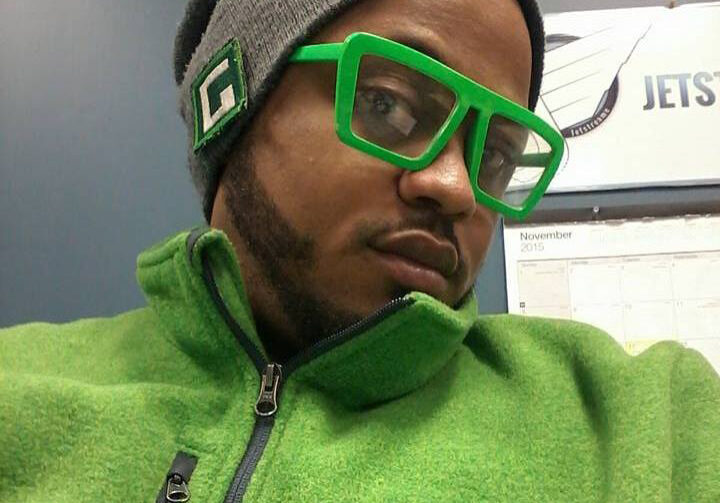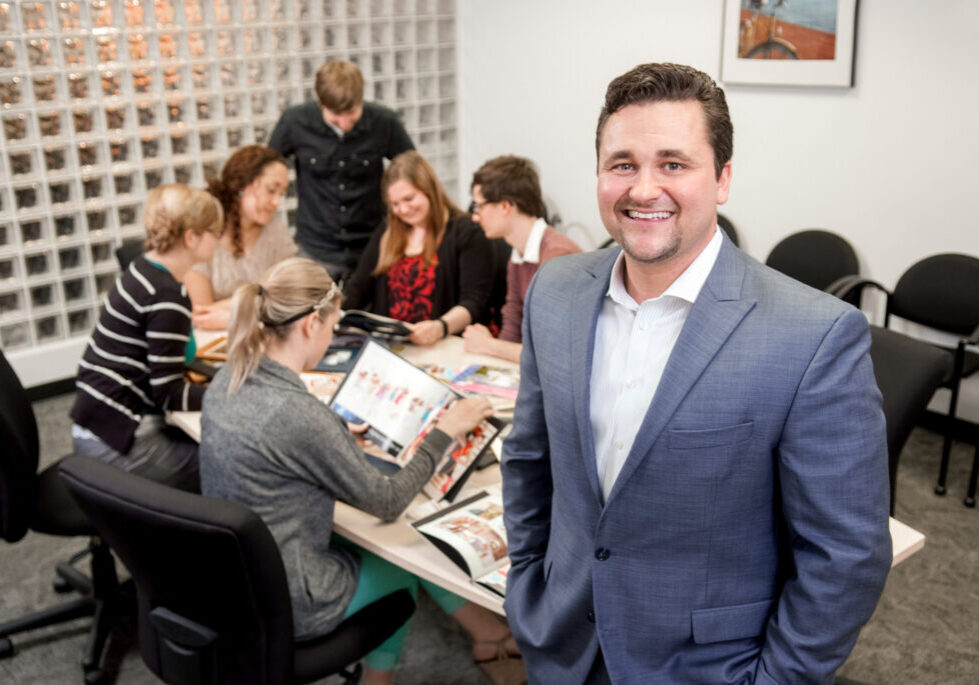Biotech startup Hera Health Solutions took the $10,000 prize at the Get Started Louisiana Pitch Night, winning over the judges with its biodegradable drug-delivery implant.
The annual pitch competition was sponsored by Cox Business, in partnership with PitchBR and Baton Rouge Entrepreneurship Week.
Hera Health Solutions competed with four other startups as they all presented to a packed house at the The Water Campus in downtown Baton Rouge. The other participants were neuroscience wearable startup Alpha Computing, music streaming solution Revibe, food-waste reduction company GHL and single-serve sunblock dispenser Stop & Block.
Each founder had less than three minutes to present their business idea to a panel of four judges, who rated each pitch and startup idea based on factors including target market, strategic plan, revenue model, competition and overall presentation.
The judges were most impressed by Hera Health Solutions’ product Eucontra, a biodegradable contraceptive arm implant. The product, which would dispense a widely used generic contraceptive medication, aims to eliminate the costly and often-painful removal procedure required for the most popular arm implants on the market. Co-founder and CEO Idicula Mathew says the product uses materials that are already FDA approved.
“Therefore it is safe, effective and flexible to biodegrade at different timepoints,” he says.
Mathew says the company has been developing the product for two years and successfully concluded preliminary testing. He hopes to launch the product in 2021 and will target U.S. companies as well as partnerships with nongovernmental organizations in international markets.
Alpha Computing pitched its Brain Beat, a wearable device described as a “stethoscope for the mind” that helps mental health physicians and their patients achieve better outcomes by making EEG brain wave data more accessible.
Alpha Computing CEO Charlie Miller says labs are conducting advanced research that can view brain activity and help determine how treatments affect symptoms of depression or other mental health ailments. He says his company’s device aims to bring that technology from the lab to the clinic. The device costs $30 for every use rather than hundreds or thousands of dollars for a test that must be conducted by a team of experts.
Brian Southern’s GHL is working to help supermarkets reduce food waste by selling excess food inventory that is still edible directly to consumers via a mobile app. Southern says the typical grocery averages 60,000 pounds of waste a year, which represents more than $300,000 in lost revenue.
“The GHL free mobile app is the solution for this, and the journey for change,” he says.
Stores would upload photos and prices to the GHL app, where consumers could purchase items at a discount of 30-60 percent, then pick up the items at the store.
Stop & Block has created automated single-serve sunblock dispensers that are placed in high-traffic outdoor locations such as concerts, festivals, beaches and public pools. “Our target market is the billions of people in outdoor locations where sunscreen isn’t accessible,” founder Sean McCloskey says.
The battery- and solar-powered machines dispense small bottles of sunblock for $2. The company has built and tested a minimum viable product with positive feedback from consumers and venues, who can share revenue from the dispensers, McCloskey says.
Music streaming startup Revibe aims to combine existing music libraries into an all-in-one music platform aimed at simplifying the artist experience. Founder Kayne Lynn says the typical independent music artist uses numerous online services to manage their career, but Revibe would offer a unified platform to handle all of their needs.
“We’re going to do that by consolidating hosting, distribution, marketing, booking, merchandising and more into one easy-to-use platform,” he says. “This will shave hours off the time an artist spends managing his career, freeing up more time to spend making music.”



